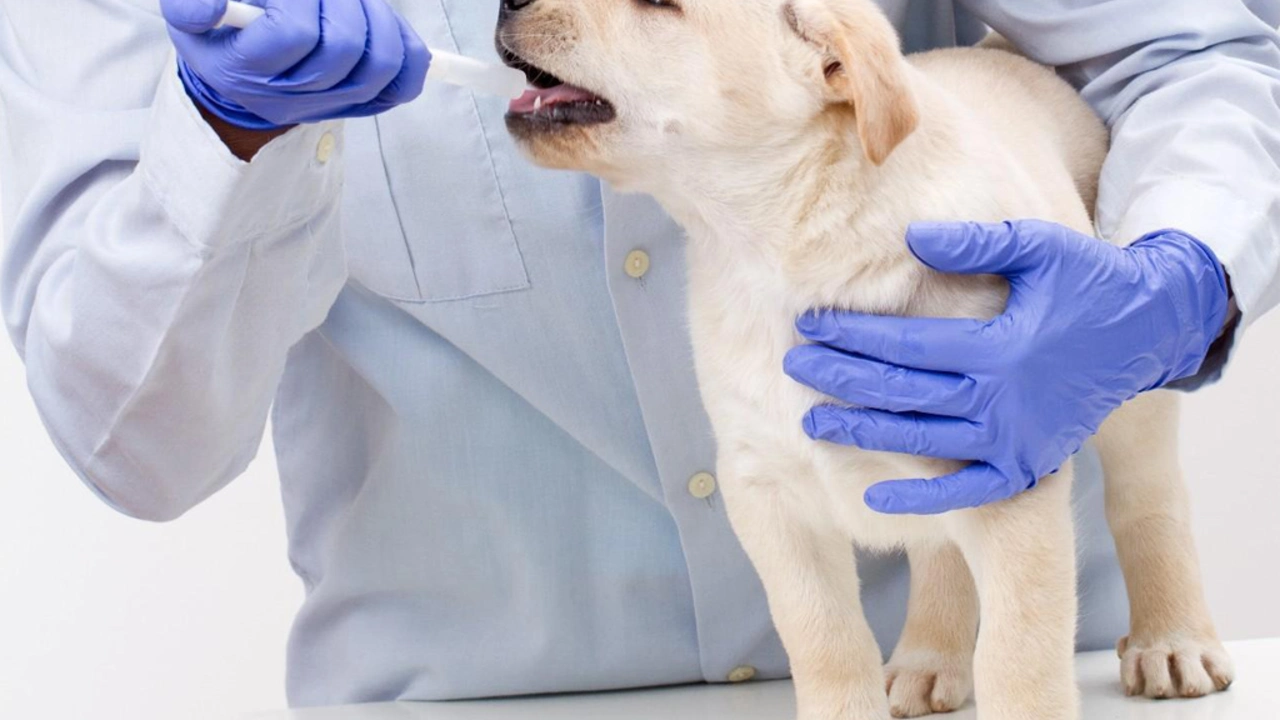Loperamide for Pets: What Was Covered in November 2023
Got a dog or cat with sudden diarrhea? Loperamide (Imodium) is a common over‑the‑counter option owners consider. The post this month focused on practical points: when loperamide might help, when it could harm, and simple steps you can take at home while you check with a vet.
When loperamide may help
Loperamide slows intestinal motility so stool firms up and frequency drops. For a healthy adult dog with mild, non‑bloody diarrhea, short use can sometimes buy time while you monitor for dehydration or worsening signs. The write-up emphasized basic supportive steps you can do right away: keep fresh water available, offer a bland diet (boiled chicken and rice in small portions), and consider a probiotic made for pets.
The post gave a practical dosing note: some vets use low doses in dogs (examples noted by weight), but the recommendation was clear—only give loperamide after confirming your pet isn’t in a risky group. Cats are more sensitive to this drug, so it’s generally not recommended without a vet’s OK.
When to avoid loperamide and key warnings
There are clear red flags where loperamide is a bad idea. Do not give it if your pet has bloody diarrhea, a fever, is very young or old, or shows signs of toxin exposure. Also skip it if your dog is on certain medications or has a genetic sensitivity—herding breeds like Collies, Australian Shepherds, and related dogs can carry the MDR1 mutation and react badly to loperamide.
Overdose or use in the wrong animal can cause sedation, wobbliness, vomiting, severe constipation, or even breathing problems. The post recommended calling your vet right away if you see these signs, or contacting an emergency clinic for rapid help.
Interaction risk was explained simply: loperamide can be dangerous with drugs that affect liver transport proteins or the central nervous system. If your pet takes prescription meds, check with your vet before giving any over‑the‑counter human drug.
The article wrapped up with real‑world advice: treat mild cases with hydration, bland food, and probiotics first; use loperamide only after vet input; and always seek immediate care for blood in stool, severe vomiting, high fever, or collapse. Practical steps like measuring doses carefully and watching for side effects were stressed as the best ways to keep your pet safe while dealing with diarrhea.
For specific dosing or if you’re unsure, your veterinarian is the right person to ask—this archive post was meant to inform, not replace professional advice.

Buy Isofair Online: Best Deals and Quality Assurance
Hey there, folks! If you're on the hunt for a trustworthy place to buy Isofair online, I've got some fantastic news for you. I recently stumbled upon this incredible website that offers not only the best deals on Isofair but also a guarantee on the quality of their products. I know how tough it can be to find reliable acne treatment options, and that's why I wanted to share my experience with you. Their services are top-notch, and the convenience of having my medication delivered right to my doorstep is unbeatable. Trust me, this might just be the game-changer in your skincare routine.
Read More
Loperamide for Pets: Can it Help Your Furry Friend?
Hi there! If you're like me, you want the best for your furry friend. That's why I've decided to look into Loperamide for pets to see if it can help our companions when they're not feeling their best. This medication is often used for diarrhea, but is it safe for our pets? Let's explore this topic together and make sure we're doing all we can for our four-legged family members' health. After all, a well-informed pet parent is a successful one.
Read More




